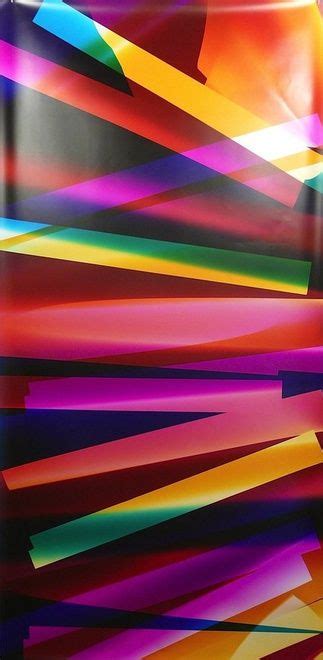A Quote by Walead Beshty
My works look to how images are produced, but specially based upon how the material reacts.
Related Quotes
New insights fail to get put into practice because they conflict with deeply held internal images of how the world works...images that limit us to familiar ways of thinking and acting. That is why the discipline of managing mental models - surfacing, testing, and improving our internal pictures of how the world works - promises to be a major breakthrough for learning organizations.
I've often tried to describe how memory works. I've suggested this to students, and told them to close their eyes and try to remember what I look like. Then I ask them if they remember what I look like. But when you open your eyes you will be surprised how different what you thought I looked like is to what I actually look like. Because the imagination is a different raw material from actual vision. Memory is very different from the thing itself.
There are lots of cases where we know more about how the world works than we do about how we know how it works. That's no paradox. Understanding the structure of galaxies is one thing, understanding how we understand the structure of galaxies is quite another. There isn't the slightest reason why the first should wait on the second and, in point of historical fact, it didn't. This bears a lot of emphasis; it turns up in philosophy practically everywhere you look.
I am myself a professional creator of images, a film-maker. And then there are the images made by the artists I collect, and I have noticed that the images I create are not so very different from theirs. Such images seem to suggest how I feel about being here, on this planet. And maybe that is why it is so exciting to live with images created by other people, images that either conflict with one's own or demonstrate similarities to them.



































